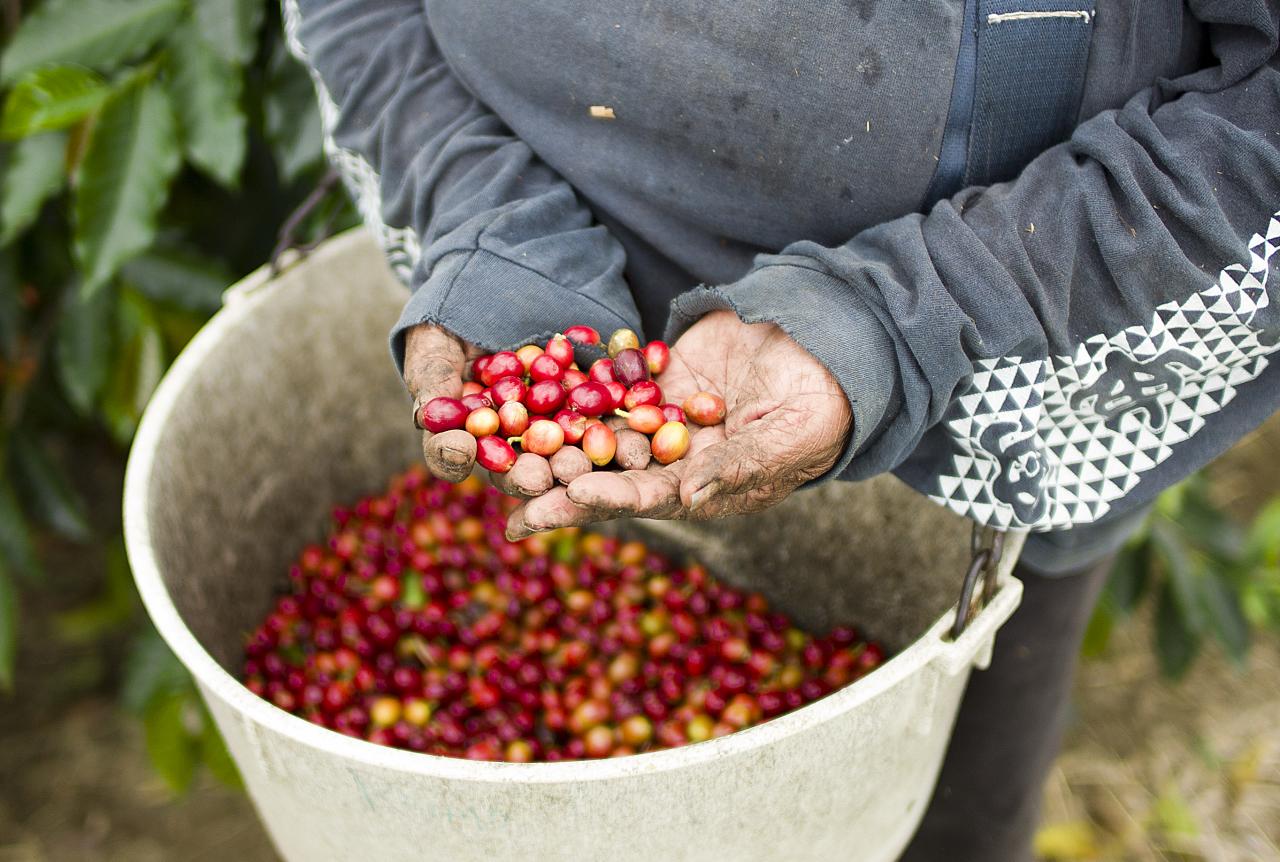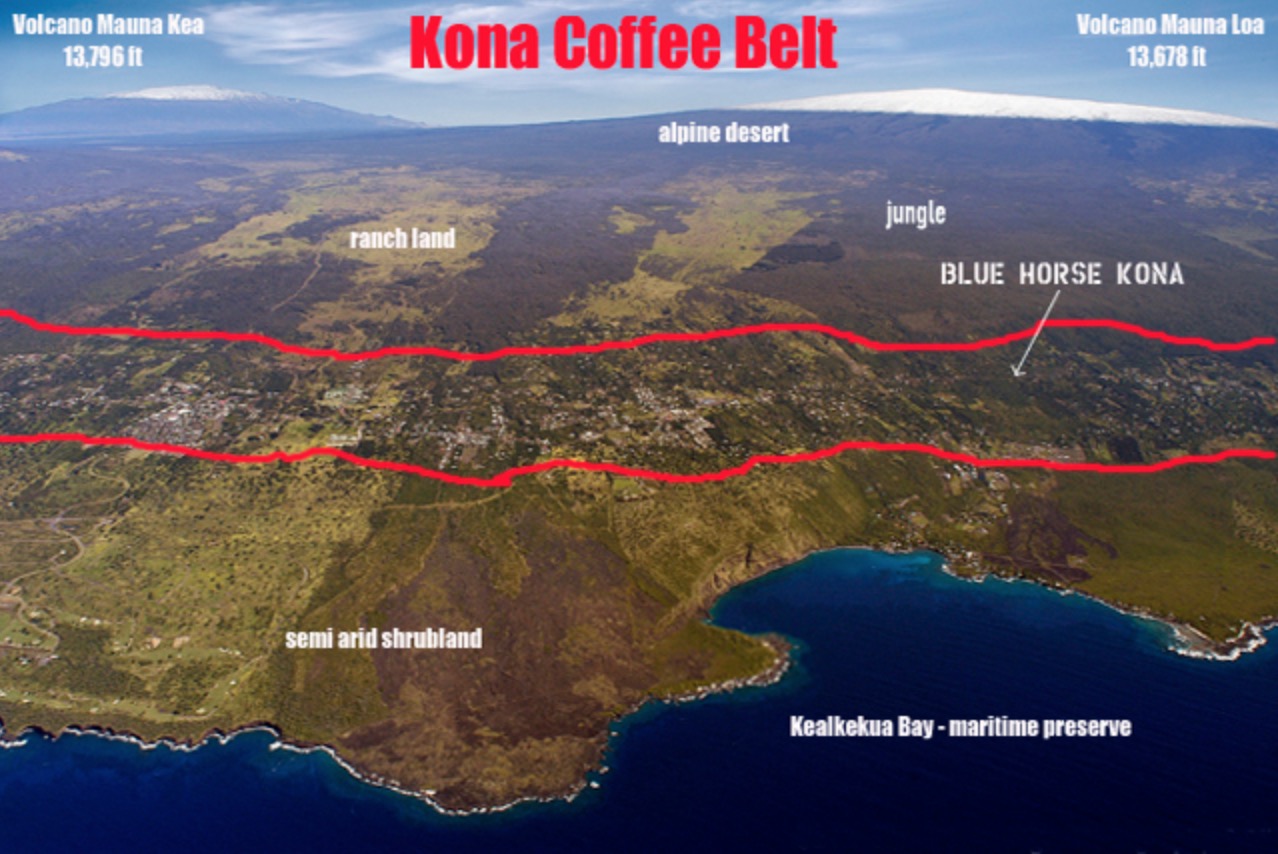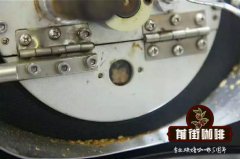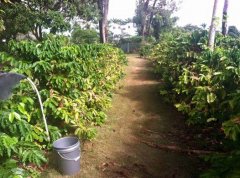Kona Cannon sues Amazon and Wal-Mart: passing off ordinary coffee as "KoNa coffee"
Professional coffee knowledge exchange more coffee bean information please follow the coffee workshop (Wechat official account cafe_style)
Recently, some Kona coffee farmers sued Amazon, Wal-Mart, costco, safeway, Kroger and other retailers for selling regular coffee in the name of "KONA", in violation of US federal law.
The case was filed in federal court in Seattle on Wednesday, March 27, 2019, as a class action aimed at protecting an estimated 600 to 1,000 Kona coffee growers on the island from their interests.

Farmers say that by using the name "KONA" on other coffee packages, retailers violate the U.S. federal Lamb Act and its prohibition of false appellations of origin.
Farmers wrote: "the word & # 39; KONA' tells consumers that their coffee comes from the unique geographical area of Kona, Hawaii." The defendant's deception flooded the market with fake Kona coffee products, hurting honest Kona farmers.
"just as only sparkling wine from the French champagne region can be sold as champagne, only coffee grown in Kona can be sold as KONA coffee," the farmers said in the lawsuit.
According to the data provided by the lawsuit, Kona produces only 2 700000 pounds of coffee a year, but more than 2 million pounds of coffee are sold under the name "KONA".

Farmers wrote in their complaints: "first of all, the market is full of fake KONA products, and oversupply will cause prices to fall sharply." Second, counterfeit products taste like ordinary commercial coffee, leading consumers to mistakenly conclude that Kona coffee is not special.
"Kona coffee is usually grown by small farmers and harvested by hand, which is expensive. A 7-ounce bag of Kona coffee beans costs $25," according to West Hawaii's Today. "by comparison, a larger bag of 12 ounces of Colombian coffee costs only $7."

Know KONA coffee beans!
The largest island in Hawaii is the southeastern island of KONA, which is commonly known as the "Big Island" by locals. The highest point is Mount Penakaia (Mauna kea) 4205 meters above sea level. One of them produces a very special volcanic bean, fragrant, mellow, bright acid, with a rest wine aroma, jasmine and lime acid, the layer is good, it is the famous "KONA" Kona coffee. According to Hawaiian Agriculture Department regulations, only coffee on the slopes of Hualalai and Mauna Loa in Big Island, Kona can be called Kona Coffee.

In the early days, due to the Japanese chase and the successful marketing of Kona on the island of Hawaii (commonly known as Big Island), most consumers mistook Kona for Hawaiian coffee. This led to a flood of fake Kona coffee in the 1990s, and coffee farmers in the Kona region in 1994 filed a complaint accusing Konakai of mixing Panamanian and Costa Rican beans with Kona coffee beans. Although the court ruled that the person in charge was sentenced to 30 months in prison and paid compensation to Kona coffee farmers, justice was served but his reputation went bankrupt.
So since 1996, Kona Coffee refers to coffee beans produced by Kaloko on the northern part of KONA Island, producing only 2 million pounds a year. Where "koNa style" or "KoNa Blend" means at least 10 per cent of Kona pure beans and 90% mixed beans. Only "KoNa coffee" represents authentic Baikona coffee beans, and strict certification brings Kona coffee back to life.
The Kona producing area is not high above sea level, but its sour taste is brighter and more acidic than the coffee in the general low altitude area. the most important reason is that it will not frost in winter, with volcanic black fertile soil and abundant rainfall. Thick clouds and bright sun in the afternoon, great temperature difference between day and night, and good drainage of volcanic soil make it known as the coffee queen, which is by no means empty.
END
Important Notice :
前街咖啡 FrontStreet Coffee has moved to new addredd:
FrontStreet Coffee Address: 315,Donghua East Road,GuangZhou
Tel:020 38364473
- Prev

Why are these two kinds of coffee beans called butterflies? What's the difference?
Professional coffee knowledge exchange more coffee bean information please follow the coffee workshop (Wechat official account cafe_style) Why are these two kinds of coffee beans called flower butterflies? What's the difference? This one is sun-dried beans, and the other is washing. They deal with it in different ways. Is it like the difference between boys and girls? One is made of water, the other is made of clay. Girls
- Next

Costa Rica once banned the cultivation of robusta coffee and now dominates the world with honey-treated coffee.
Professional coffee knowledge exchange more coffee bean information please follow the coffee workshop (Wechat official account cafe_style) [Coffee producing trip] Costa Rican coffee once banned the cultivation of Robusta, now the Costa Rican coffee industry began to develop very early in the Costa Rican forest with honey, and coffee was shipped to Colombia and Chile in 1820.
Related
- Detailed explanation of Jadeite planting Land in Panamanian Jadeite Manor introduction to the grading system of Jadeite competitive bidding, Red bid, Green bid and Rose Summer
- Story of Coffee planting in Brenka region of Costa Rica Stonehenge Manor anaerobic heavy honey treatment of flavor mouth
- What's on the barrel of Blue Mountain Coffee beans?
- Can American coffee also pull flowers? How to use hot American style to pull out a good-looking pattern?
- Can you make a cold extract with coffee beans? What is the right proportion for cold-extracted coffee formula?
- Indonesian PWN Gold Mandrine Coffee Origin Features Flavor How to Chong? Mandolin coffee is American.
- A brief introduction to the flavor characteristics of Brazilian yellow bourbon coffee beans
- What is the effect of different water quality on the flavor of cold-extracted coffee? What kind of water is best for brewing coffee?
- Why do you think of Rose Summer whenever you mention Panamanian coffee?
- Introduction to the characteristics of authentic blue mountain coffee bean producing areas? What is the CIB Coffee Authority in Jamaica?

